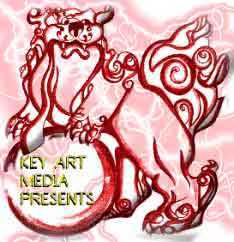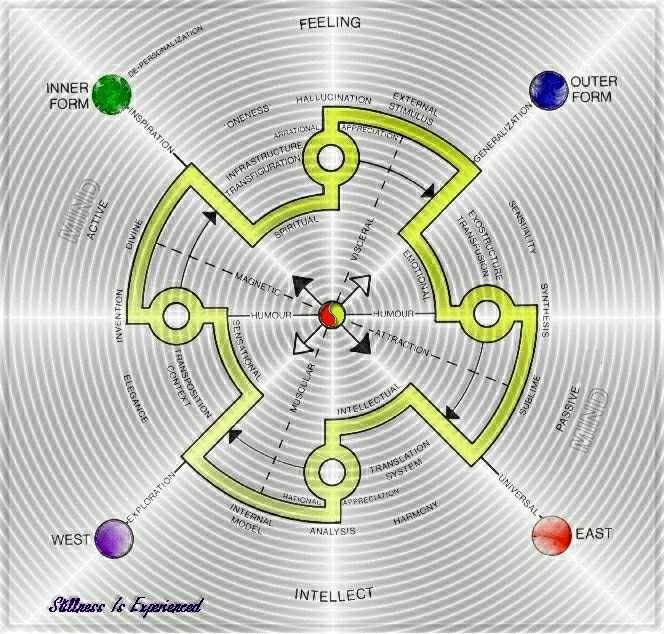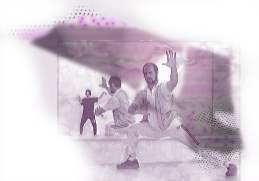How
does Heaven Encourage Us
?.
~ Early Chinese belief consider
that we are overseen and influenced by our predecessors. Confucian
thinking declares that Wisdom is a process where we climb upon
our teachers (parents, ect) shoulders, so we may better see where
they have been and we can go. The Ordinary mind was considered
by Chan / Zen Buddhism to be easily spoiled, its "naturalness"
quickly lost. The use of the Koan system in Zen was to encourage
enlightenment through the struggle with self fettering beliefs.
Beliefs that estrange the self from realization of the divine.
Oriental philosophy has offered many devices of mind and body
to deal with these beliefs. Taoism offers naturalness, Buddhism,
the acceptance of the inherent voidness of existence. Both offer
the call of truth by being neither unattached or detached to the
world of things.
Zen
stresses that it is by discarding any
accumulation of attachment one is ready to feel the hand
of Being, this is at the center of ordinary mindfulness. However,
this is no final state, our own being of Being has to evolve through
each cultural backdrop. There are many schools of thought within
each Oriental Philosophy, but the emphasis towards Heaven's highest
values are always similiar. The early Chinese were steeped in
a monist perspective where the role-play of each individual could
only be asserted through the relations set via an Imperial chain
of communication from Ancestors to Emperor to people. Heavens
Way then helped the state of ordinary people through the preparations
of Sage-Rulers attached to the court. They saw the soul as the
means by which the spirit of their ancestors could choose to have
a "new life" within the body of a mortal. Not an ordinary
mortal, but the prepared body of a Sage-Ruler an individual that
had transcended mastery of the self. A variety of rituals were
performed in accordance with the practices of the Shamans to prepare
the human body to a sufficiently attractive state. It was then,
all signs being favorable that the settling of a spirit or a God,
was felt. Thus, one then had a soul, a life within. In this way
the Rulers ensured that good would come to the common people.
~To prepare the mind for "The Abode of the Ancestors"
there were a whole host of familiar Oriental practices.
Chuang Tzu
advises us to,
"Wander
to where the ten thousand things both begin and end, unify your
nature," (Te)
,,,,and to foster your life breath,
concentrate your "power" -(the karmic
nature of your intent the stock of actions which one is going
to meet with good luck or bad this is Te, virtuous power)
-to
produce purity of action, until it is one with all things
after
their kind -do this, and your "heaven" shall maintain
its integrity".


 Cosmology ~Perspective through Poetry...
a small ramble
Cosmology ~Perspective through Poetry...
a small ramble 
